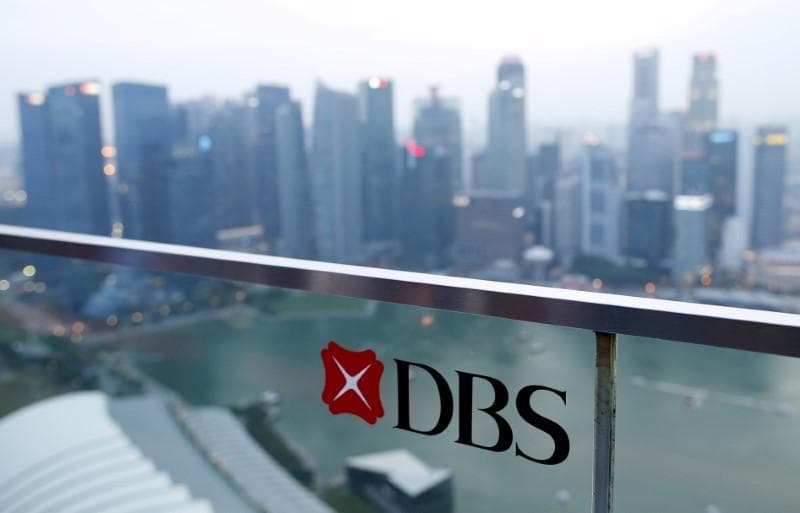
KUALA LUMPUR (May 18): Although zero-rating the goods and services tax (GST) may potentially spur private consumption, DBS Group Ltd said the upside could be eroded by reduced public spending and investment as a result of curtailed government revenue.
Its senior economist Irvin Seah said the removal of GST has lifted hopes for more consumption in the economy but consumers may not necessarily immediately increase their expenditure in response to a permanent tax cut.
"Besides, any lift from higher private consumption growth on GDP (gross domestic product) would also be transient due to base effect. And Malaysia’s high household debt to GDP ratio of 84.3% could also temper the propensity to consume," Seah said in a report released today.
Furthermore, Seah believes that private consumption can also be negatively affected by the reduced government spending needed to make up for the shortfall in potential GST revenue.
He pointed out that government spending growth has already slowed to just 0.4% in the first quarter of 2018, from 6.8% in the previous quarter.
The Malaysia economy saw slower GDP growth in 1Q 2018 at 5.4% year-on-year, which Seah said is in line with DBS’ forecast and below the 5.6% consensus estimates.
In view of this, he said it is not the pace of growth that is of concern but rather the quality of growth that is worth noting.
"Growth has turned out to be less broad-based and the outlook now appears uncertain after factoring in the impact of post-election policy changes," he said.
On top of that, Seah highlighted the concerns over the drag from investment on GDP growth, which saw a decline in investment of 9.1%.
He said the need to plug the fiscal gap from the removal of the GST could impact public sector investment adversely.
To achieve the fiscal deficit target of 2.8% of GDP, Seah said the government will need to cut back public investment and spending. In doing so, GDP growth could be affected.
"The government will be reviewing the existing pipeline of infrastructure projects and is expected to tighten the belt on some government agencies in a bid to make up for the shortfall in the loss of GST revenue.
“This could imply immediate delay in disbursement of fund and potentially even cut back in public investment," he said, adding that the impact could be significant given the huge fiscal gap to be filled.
Seah argued that even with the climbing oil price that could potentially add another RM5.4 billion to government revenue, the promise to reintroduce fuel subsidy will eventually erode the expected windfall from petroleum tax revenue collection.
"Ideally, the fuel subsidy should only be introduced when fiscal rationalisation associated with the removal of the GST is sufficiently addressed," he said.
For all this, DBS maintained its below consensus forecast for Malaysia’s GDP growth to slow to 5% in 2018-19, from 5.9% in 2017.